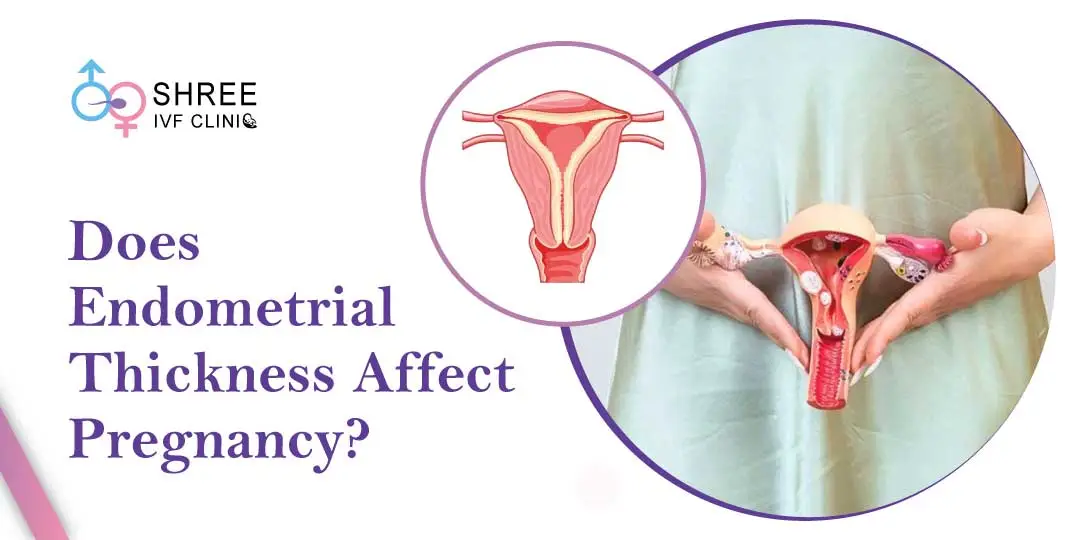How Deadly Is Vulvar Cancer?
UPDATED ON 25 OCT. 2021
The vulva is the epidermis, and fatty tissues are present between a woman’s upper thighs. It stretches from the anus to just below the pubic hairline, roughly an inch. The two skin folds (or lips) around the vagina, known as the labia, are most commonly affected by vulva cancer.
Vulvar carcinoma or vulvar cancer is a rare disease. Nevertheless, because it is cancer, it can be dangerous. It can have an impact on a woman’s sexual function and cause painful sex. Vulvar cancer has a high cure rate if treated on time.
Some women ask if whether vulva cancer is deadly and what are its complications? To know these answers, read this blog.
AUTHOR
Dr Jay Mehta
Scientific Director & IVF Specialist with 10+ years of experience
TREATMENT
CONDITION
GET IN TOUCH ON
You can jump on :
Types of Vulvar Cancer
This illness comes in a variety of forms. Here are five different types of Vulvar Cancer that can affect you. Those are:
- Squamous cell carcinoma: It is the most basic that begins in the cells of your skin. It may be connected to the human papillomavirus (HPV), particularly in younger females. Verrucous carcinoma is a form of cancer that develops slowly and resembles a wart. It is a subtype of Squamous cell carcinoma.
- Adenocarcinoma: This kind generally begins in the cells of the Bartholin’s glands, which are located directly within the vaginal entrance. This kind of cancer is also known as Bartholin gland cancer. It might resemble a cyst. Paget’s disease occurs when it forms in sweat glands in the skin of your vulva or the top layer of the vulvar skin.
- Melanoma: This kind develops in the pigment-producing cells of the skin. It’s more prone to develop on sun-exposed skin, although it can also appear on your vulva.
- Sarcoma: This begins in the cells of bone, muscle, or connective tissue. It may happen to anybody at any age, even children.
- Basal cell carcinoma: The most prevalent kind of skin cancer is basal cell carcinoma. It generally occurs on sun-exposed skin, with the vulva being the exception.
The symptoms of Vulvar Cancer
Early on, you might not notice any signs. You may have:
- An itchy rash that won’t go away.
- Tenderness and pain
- Bleeding that isn’t due to periods.
- Skin alterations, such as thickness or discolouration.
- A lump that looks like a wart, or an open sore (ulcer).
- Painful urination.
Causes of Vulvar Cancer
Whenever cell growth becomes uncontrollable, cancer develops.
When cells grow and divide abnormally to create lumps or masses, they form tumours. Most of them are non-cancerous, but others cause harm to the body. In this case, the cells go out of control and cause cancer in the vulva. These tumours may spread and wreak havoc on the body’s functions.
Cancer may develop and expand to other portions of the body if it is not treated. It can infect other areas of the body, including vital components: if it penetrates the lymphatic system.
Is Vulvar Cancer Deadly?
No, vulvar cancer is not deadly, but it is serious cancer. Treatment at the right time can prevent major complications.
If not treated on time, there can be increased irritation and a decrease in functional ability. A patient can face infection, blood loss, lower extremity lymphedema, chronic pain, etc.
The patient might also face organ-related problems after future surgeries that resect disease effectively. Susceptibility to infection, various gastrointestinal responses, tissue fibrosis, and lymphedema are among the side effects of chemotherapy and radiation.

4,790+
379K+
” Every individual and couple’s journey is unique, and
finding the right solutions tailored to their specific
circumstances can make all the difference “
Treatments for Vulvar Cancer
Treatment depends on a variety of factors, including the type of cancer, the extent to which it has spread, and your general health. The following are the four primary treatments:
1. Surgery
This is the most often used. One of the following techniques may be used by your doctor:
- Ultrasound surgical aspiration: The tumor is broken up into little fragments by sound waves, which your doctor removes.
- Laser surgery: They cut into or remove abnormal tissue such as lymph nodes, vulva parts, and other organs using a laser. Invasive cancers are not treated with this method.
- Excision: Your doctor removes the tumor as well as the surrounding tissue.
- Some of the tissue is removed by a broad local excision.
- A radical local excision removes a substantial quantity of tissue as well as lymph nodes, if necessary.
2. Vulvectomy
Your vulva may be removed in part or its entirety. There are numerous different kinds:
- Skinning Vulvectomy: The top layer of skin on your vulva is removed by your doctor.
- Simple Vulvectomy: During this procedure, the whole vulva, as well as the tissue directly beneath the skin, is removed.
- Partial or modified radical Vulvectomy: This entails removing the majority of your vulva, as well as any surrounding lymph nodes.
- Radical Vulvectomy: The whole vulva, as well as surrounding lymph nodes, are removed by your doctor.
3. Pelvic Exenteration
The vulva and lymph nodes, as well as one or more adjacent organs such as the lower intestine, rectum, bladder, uterus, cervix, or vagina, are removed during this surgery.
4. Radiation therapy
To kill cancer, high-powered X-rays or other kinds of radiation are used. Your doctor may use a machine that shoots the rays into your body or implant a radioactive needle or seed on or near the tumor.
5. Chemotherapy
Medicines are used to destroy or halt cancer cells from growing. These medications can be used orally or intravenously. Some types come in the form of a lotion or cream that you apply to your skin.
6. Biologic therapy, or immunotherapy
This medication targets your immune system to strengthen your body’s anti-cancer defences.
Conclusion
Vulva Cancer is rare cancer found in women. Several types of vulva cancer can develop in the vulva. Its cause is not yet defined, but it develops as other cancers do. It is not a deadly disease until we treat it on time. It can cause severe complications if its lately diagnosed or not treated well.
AUTHOR
Dr Jay Mehta
Scientific Director & IVF Specialist with 10+ years of experience
CONDITION
CALL US 24/7 FOR ANY HELP
GET IN TOUCH ON
Share Article on
Recommended Reading
Endometriosis Thickness and Its Impact on Pregnancy
A good endometrial thickness (8-14 mm) is essential for pregnancy, especially in women with endometriosis. Learn how it impacts fertility and conception
How To Cure Endometriosis Without Surgery?
Endometriosis symptoms can be managed without surgery. Medications, natural remedies, and lifestyle changes help to manage symptoms
Difference Between Adenomyosis and Endometriosis
Endometriosis causes tissue to grow outside the uterus, while adenomyosis leads to growth within the uterine muscle




